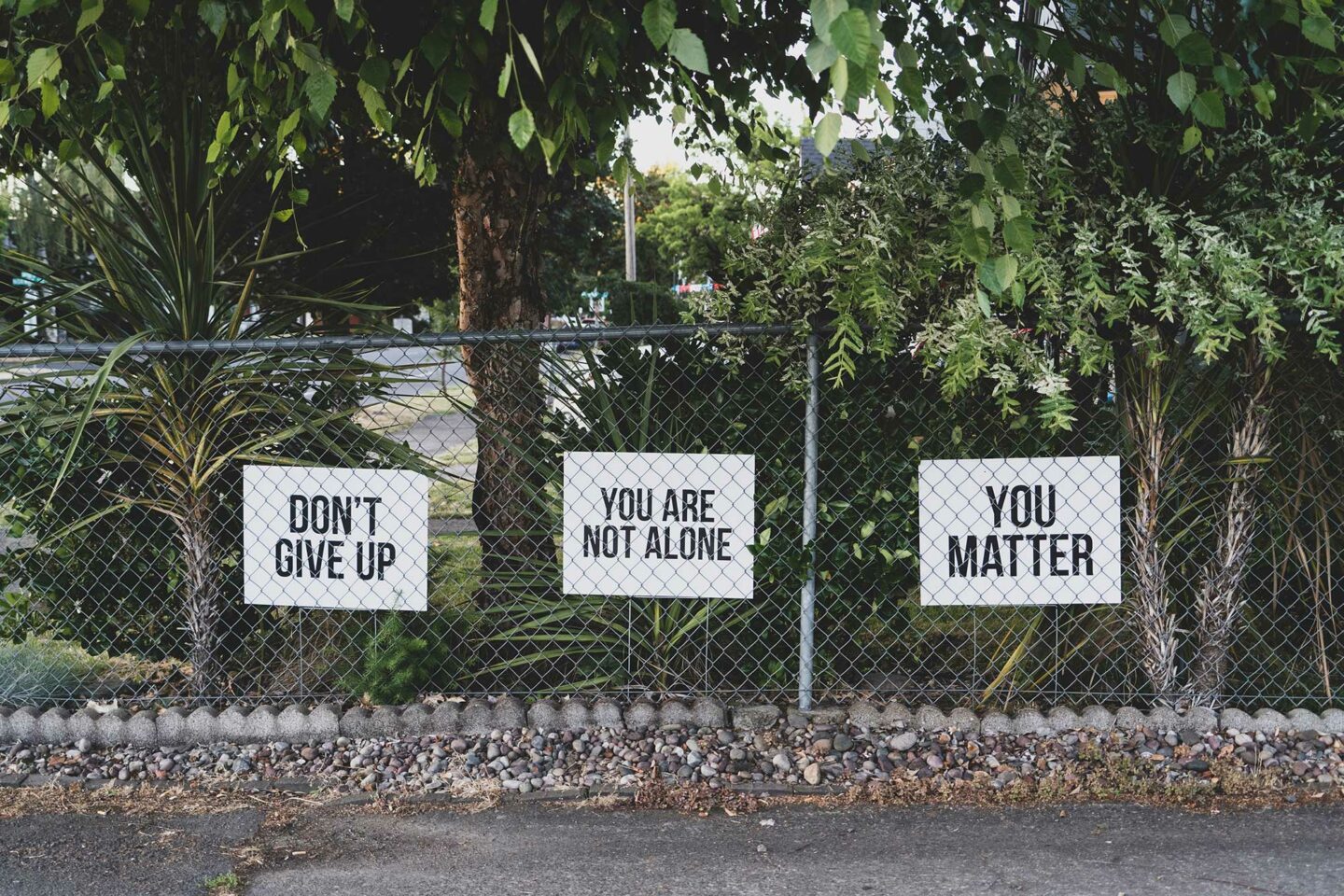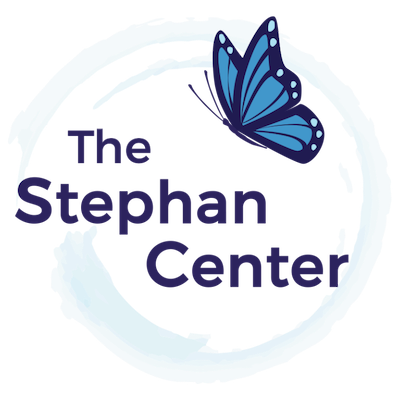
September is defined in the US as “Suicide Awareness” month. Many different events and media campaigns are held by Mental Health agencies, schools and other entities to highlight the potential signs of possible suicide actions. Professionals, parents and others in relationship with youth and adults considered “at risk” are provided with tools and talking points to lead discussion on the feelings which surround suicide thoughts and alternative actions which might be taken. As a western society we do not support suicide in general although some situations have been deemed permissible such as “Physician assisted” suicide in extreme cases of illness and pain.
The societal opposition to suicide, in the majority of cultures including the US, stems from a moral belief that life is sacred and a religious belief that human beings do not have the right to end life, only God does. This belief can be seen in the teaching of most religions. However, for persons in great and seemingly unbearable emotional and/or physical pain moral teachings pale in comparison to the overwhelming human need to end the pain.
Suicide, self-inflicted or “Physician assisted”, may be deemed an acceptable solution when conditions are intense and without an alternative humane option. However, in the majority of situations suicide cuts short a person’s life that has the potential for change and reduction or removal of the intense emotional pain being experienced in the current time. It is these situations which drive the strong movements to prevent suicide through education, resources and preventative actions in an effort to provide the person in severe depression and pain to find other alternatives in their lives.
Recommended actions to support a person experiencing depression and considering suicide include:
- Staying with the person who is greatly distressed
- Accessing their ability to develop a plan and the means to carry it out
- Connecting them to professional assistance through a hospital, therapist or treatment program
- Providing ongoing and regular support and companionship
- Supporting the professional treatment they are receiving
- Educating yourself on depression and suicide through reading materials, classes and support groups
- Celebrating the “good” days and encouraging positive actions
Sometimes, what a person needs is not a brilliant mind that speaks, but a patient heart that listens.”
Our sorrows and wounds are healed only when we touch them with compassion.” (Buddha)
By Victoria Stephan September, 2019
Click Here for Article PDF

 Donate Today
Donate Today